Aaru: Rivers of Tamil Nadu a stirring musical tribute by International Center for Clean Water of IIT Madras, celebrates Tamil Nadu’s rivers through music, memory, and message.
Rivers are more than just flowing bodies of water—they are lifelines that shape the history, culture, and collective consciousness of a region. They have birthed civilisations, sustained agriculture, inspired poets, and become sacred symbols in myth and ritual.
In Aaru: Rivers of Tamil Nadu, a stirring new musical video by Indian-American composer Dr. Kanniks Kannikeswaran, this intersection of water and culture finds a vibrant expression. Released in collaboration with the International Center for Clean Water (ICCW) at IIT Madras, the video honours over 125 rivers of Tamil Nadu—not just with reverence, but with rhythm, voice, and vision.
Tamil word Aaru, means “rivers”. This new video follows in the footsteps of Kanniks’s and ICCW’s earlier Earth Day 2021 project, Rivers of India—a tribute to the nation’s rivers, combining music with a heartfelt plea for their preservation.
Kanniks, who lives in Cincinnati, USA, began exploring the rivers of Tamil Nadu. “Can you believe Tamil Nadu has more than 125 rivers,” he chuckles. Everyone is familiar with Kaveri. In fact, the chorus lines of Aaru describe the river metaphorically as the life-giving Mother. However, so many rivers in Tamil Nadu are now dying or forgotten, despite having once nourished thriving empires and inspired the grand architecture of the state’s temples.
A river of sound
Aaru commences with the picturesque backdrop of Chennai’s beaches. On lead vocals are acclaimed playback singer Srinivas, with his daughter Sharanya, and Carnatic musician and playback singer P. Unnikrishnan, with his daughter Uthara. Kanniks envisioned the father-daughter duos in this project to be a contrast to the mother-son duos he worked earlier with, in Rivers of India featuring Indian classical vocalists Bombay Jayashri and Kaushiki Chakraborty alongside their sons, Amrit and Rishith.
The rustic introduction into Aaru, is enriched by the vibrant sounds of the nadaswaram and thavil—traditional instruments deeply rooted in Tamil Nadu’s folk culture. The lyrics flow as gracefully as the rivers they celebrate, with Kanniks weaving in the names of each river—using either aaru or nadhi as ending words, to effortlessly match the musical rhythm.
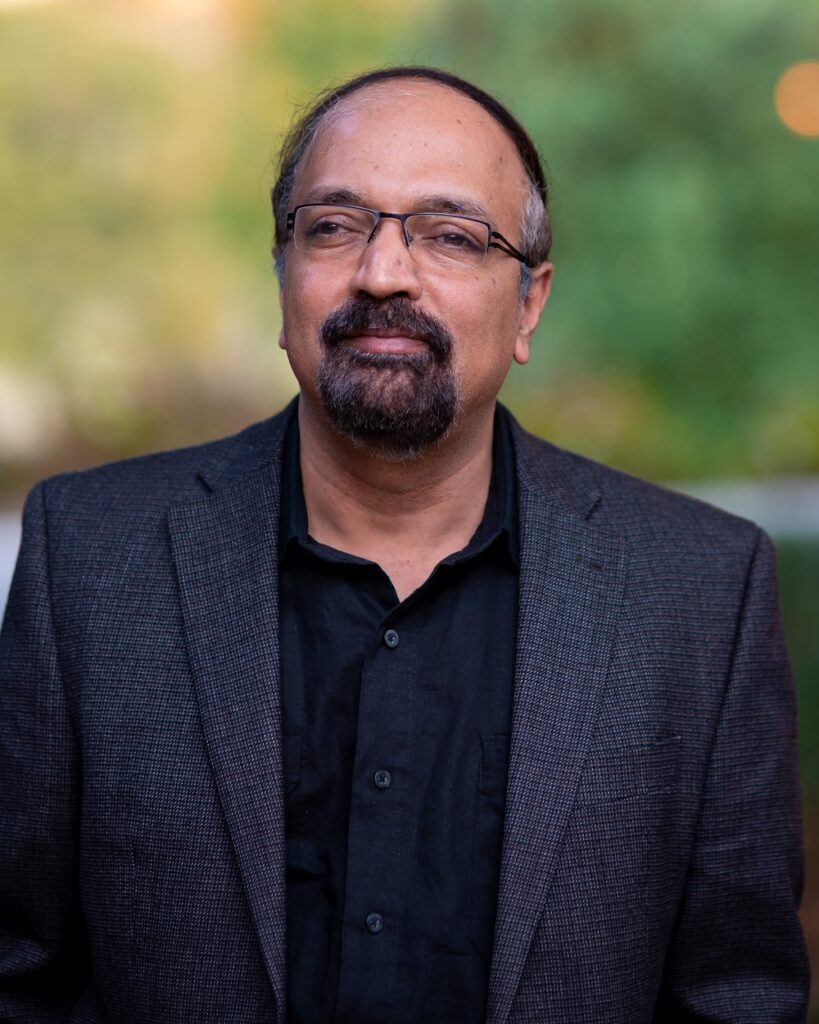
The video runs approximately six minutes. Coincidentally, the Tamil word aaru also means the number six! Aaru names well-known rivers in Tamil Nadu such as Vaigai, Palar and Tamraparni (also known as Porunai). It also enumerates small and lesser known streams such as Varaha-nadi, Vasishta Nadi, Pamani, Pahruli,Odampokki,Naganathi etc. There is even a river called Sankarabharani aaru (like the ragam!)
A message across generations
Kanniks has always drawn great inspiration from Tamil texts in his creations. Aaru includes a phrase from the first millennium epic, Silappathikaram and alludes to verse of Bharathiyar in his kummi song on Tamilnadu. The video that will serve generations to come as an invaluable source of education on Tamil Nadu’s rivers, Kanniks maintains an upbeat mood, to convey how rivers are fundamental to the ecological health and prosperity of a region.
The peppiness of the composition flows steadily, largely due to the zest exhibited by the singers, particularly the youngsters, Uthara and Sharanya.
Credit for brilliantly editing the visuals to support the powerful story-telling go to Sachin Dave, a cinematographer from Mumbai. The orchestration efforts of sound editor Ravi G, are commendable as well. The lively folk essence of the video, combined with the blend of instruments and voices, elevates the artistic quality of the production.
Padma Shree Thallapil Pradeep, Institute Professor, IIT Madras, was moved by this vivacious musical video. He remarked in ICCW’s YouTube channels, that Kanniks’s production, while musically outstanding, unites nature and humanity in a powerful and harmonious manner. The depiction of fathers and daughters singing together symbolizes the importance of passing the message of river conservation across generations, he added.
Nanda Kumar, CEO of ICCW, stresses the urgent need for individuals and corporations to help trace and rejuvenate rivers.

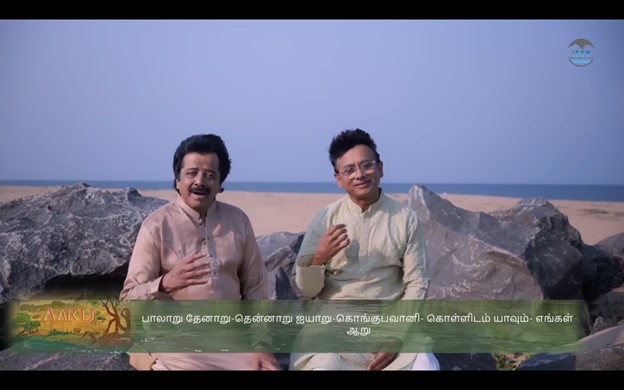
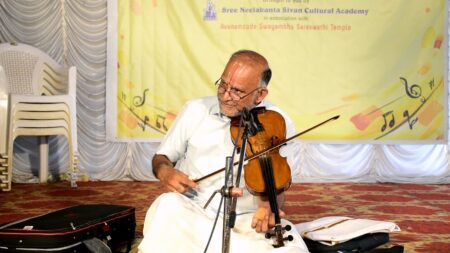
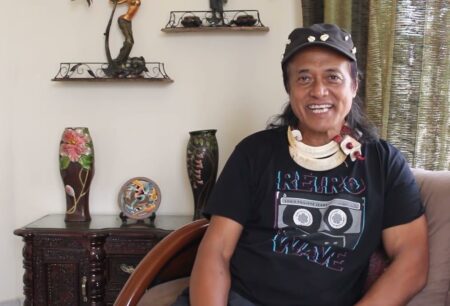
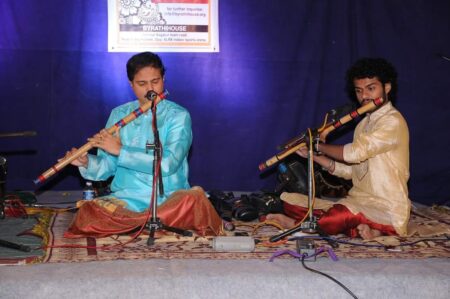
1 Comment
Innovative and impressive messaging. 👏